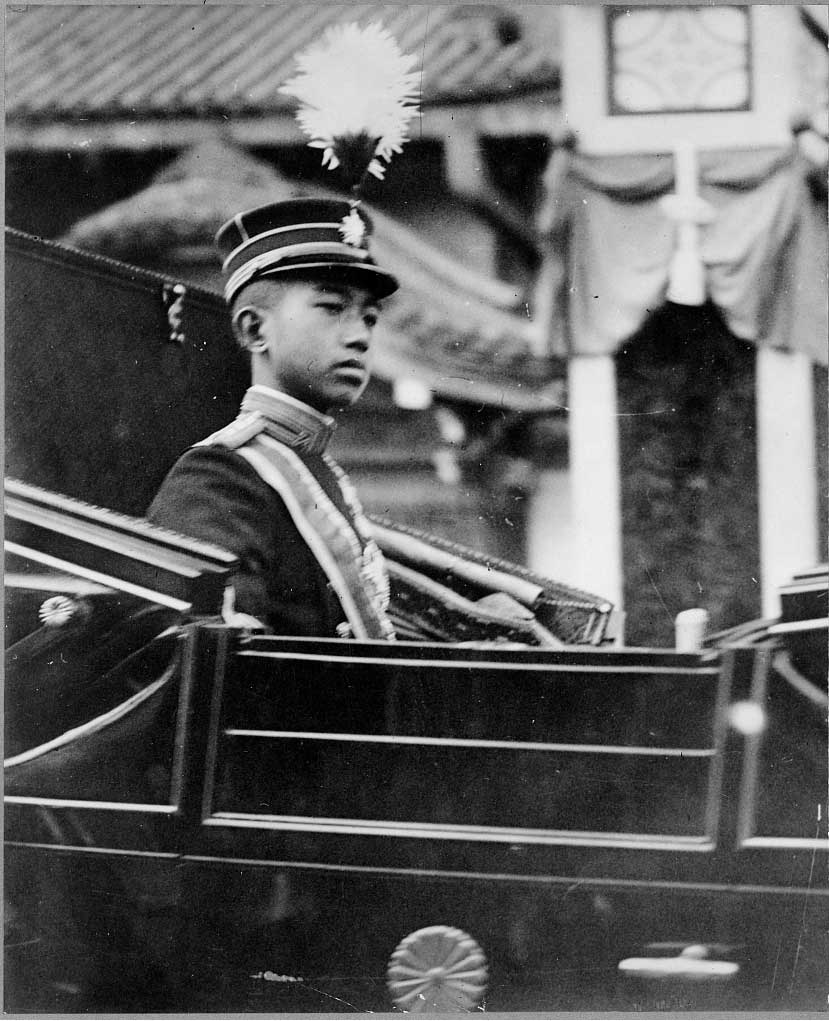1989 Emperor Hirohito Dies

Emperor Hirohito zt a young age
Emperor Hirohito, or Emperor Shōwa as he is known in Japan, was the longest-reigning monarch in Japan's history, serving as Emperor from 1926 until his death on January 7, 1989, at the age of 87.
Born on April 29, 1901, Hirohito was the first son of Emperor Taishō and Empress Teimei. He was tutored in disciplines such as biology and history, demonstrating a particular interest in marine biology. Hirohito's father had health issues, leading to Hirohito's appointment as Regent in 1921. After his father's death in 1926, Hirohito ascended to the throne.
Reign and World War II
The early years of Hirohito's reign saw increasing militarization in Japan, leading up to its invasion of Manchuria in 1931 and subsequent invasion of China in 1937. In December 1941, Japan attacked Pearl Harbor, leading to the United States' entry into World War II.
Hirohito's role during the war is a subject of debate. While some believe he had little power and was a figurehead manipulated by the military, others argue he was more involved in strategic decision-making. The truth likely lies somewhere in between, but the full extent of his involvement remains a contentious issue.
Post-War Period
Following Japan's surrender in 1945, Hirohito was allowed to remain on the throne by the Allied forces, but his status was significantly reduced. He was no longer considered a living deity, as the post-war constitution transformed Japan into a constitutional monarchy and stripped the emperor of all political power. Despite this, Hirohito worked to adapt to his new role and became an important symbol of continuity and unity for the Japanese people during the difficult post-war years.
Death and Legacy
Emperor Hirohito fell ill in the late 1980s, suffering from duodenal cancer. His health deteriorated, and he died on January 7, 1989, at the age of 87. His death marked the end of the Shōwa era, and his son Akihito ascended to the throne, beginning the Heisei era.
Hirohito's legacy is complex. While he is remembered for his role in leading Japan through some of the most turbulent times in its history, the extent of his responsibility for the country's actions during World War II remains a deeply contested issue. However, his post-war efforts to rebuild and modernize Japan, and his acceptance of a symbolic, non-political role for the monarchy, have also contributed to his historical image.
 >
>